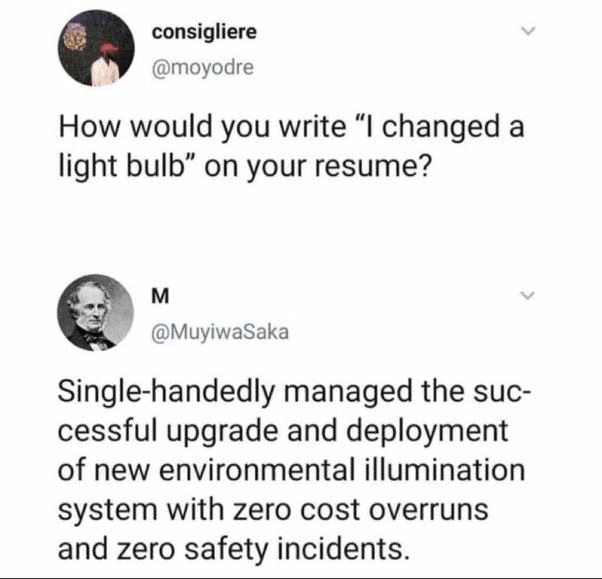Are your interviews stopping you from hiring great developers?
So you’re struggling to grow your team. When developers resign, you just can’t seem to hire fast enough and you’re feeling the pressure of upcoming deadlines.
You see a lot of recruitment ‘activity’, lots of resumes to look at and your recruiters are making the right noises, but you’re just not hiring fast enough. Plus new hires are failing to pass probation all too often (putting even more pressure on your team!). What’s the answer?
We’ve run thousands of interviews over our 20 years in business.
We’ve made a bunch of mistakes, and our interview structure and questions have evolved completely since our first inexperienced attempts.
We’ve also been fortunate to observe a variety of our client interviews as part of our Team Augmentation service.
As one of AFR’s Top 10 places to work in technology, interviewing well and building the right team has been one of the key drivers of our success.
Here are the most common blockers we’ve encountered & learned from, and that we still see in other companies that prevent them from hiring effectively:
1. No standard questions
Without a standard set of questions that assess fit for your company and the specific role, you risk:
- Unfairly assessing one candidate vs another (as they were given different questions to answer)
- Hiring someone without the skills, or who won’t contribute positively to your company culture
- Wasting time coming up with questions each time, instead of having a set of proven questions to rely on
- The quality of questions left to chance – based on whoever is interviewing on the day. (Plus the likelihood of vastly different perceptions between interviewers).
The interview should still feel conversational – having standard questions doesn’t stop you from asking additional questions or drilling down for more information.

2. No timed practical assessment
All the talk in the world is no substitute for actually doing the work required within the required time frame. Timed role-specific practical/technical tests massively increase your likelihood of hiring someone who is an excellent fit for the role’s actual tasks.

3. Paying too much attention to resumes
A great resume doesn’t necessarily mean a better candidate. Resumes are typically filled with career highlights rather than the relevant/objective facts, and some people are far better at composing them than others. Accordingly, do look at resumes but don’t place too much weight on them.

4. Not having a framework to enable fast, accurate decision making
Good candidates have lots of opportunities and get hired quickly. So you need to move fast, and without sacrificing quality.
Empower yourself and your interviewers to make fast, high-quality decisions by having specific assessment criteria to rank candidates against.

5. Not learning from past interviews
If you have a failed hire, look back at your interview notes, and the assessment criteria for that candidate to see what you can learn from it. Is there a question you could add? Or an element of the technical assessment you could improve to prevent this same hiring mistake in future?
Great interview processes aren’t static – they continue to evolve.
Do these things consistently, and you’re on your way to building a culturally aligned team of great people, who perform exceptionally well.
Cheeky plug: In addition to these tips, use our Team Augmentation or Delivery Agency to take the pressure off your team’s capacity.

